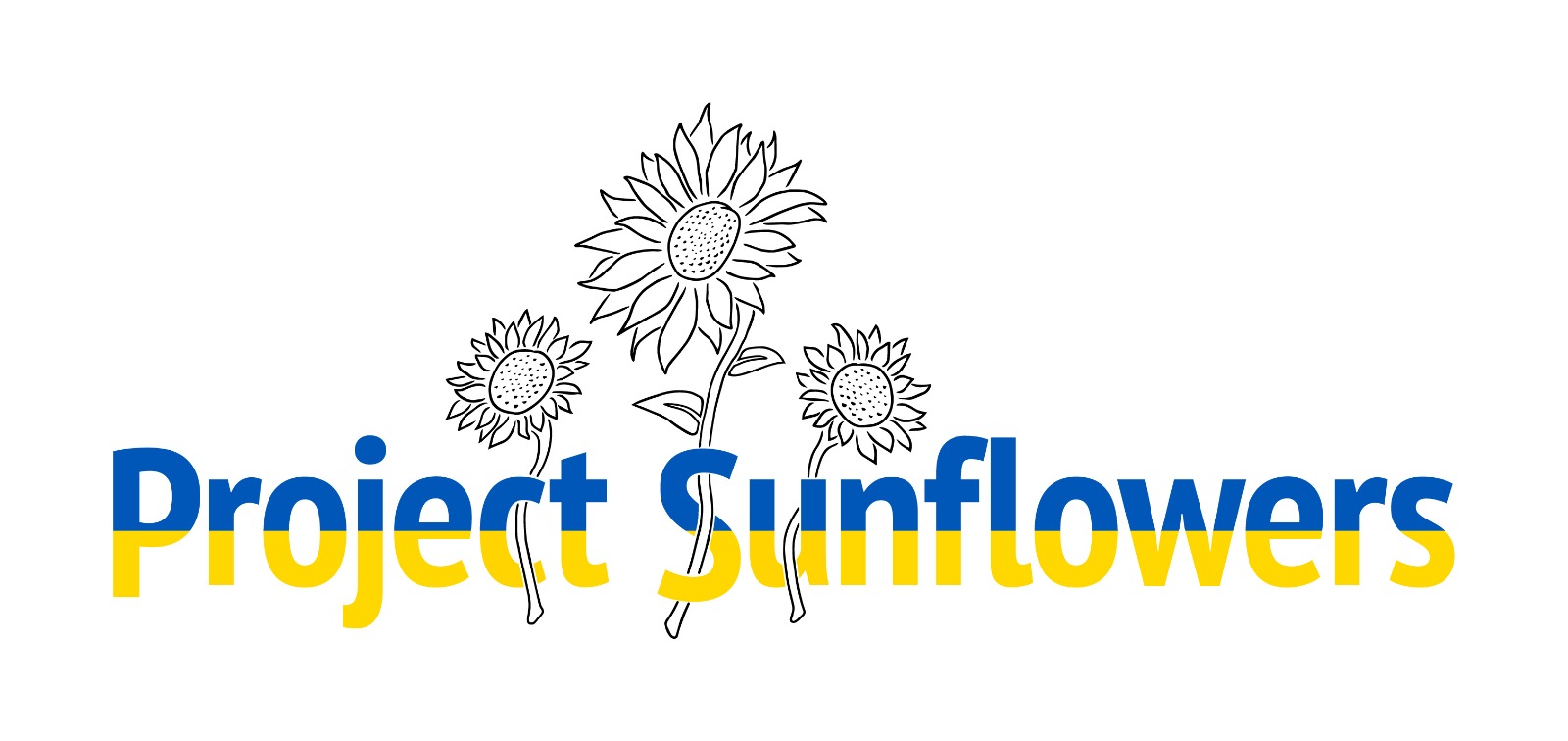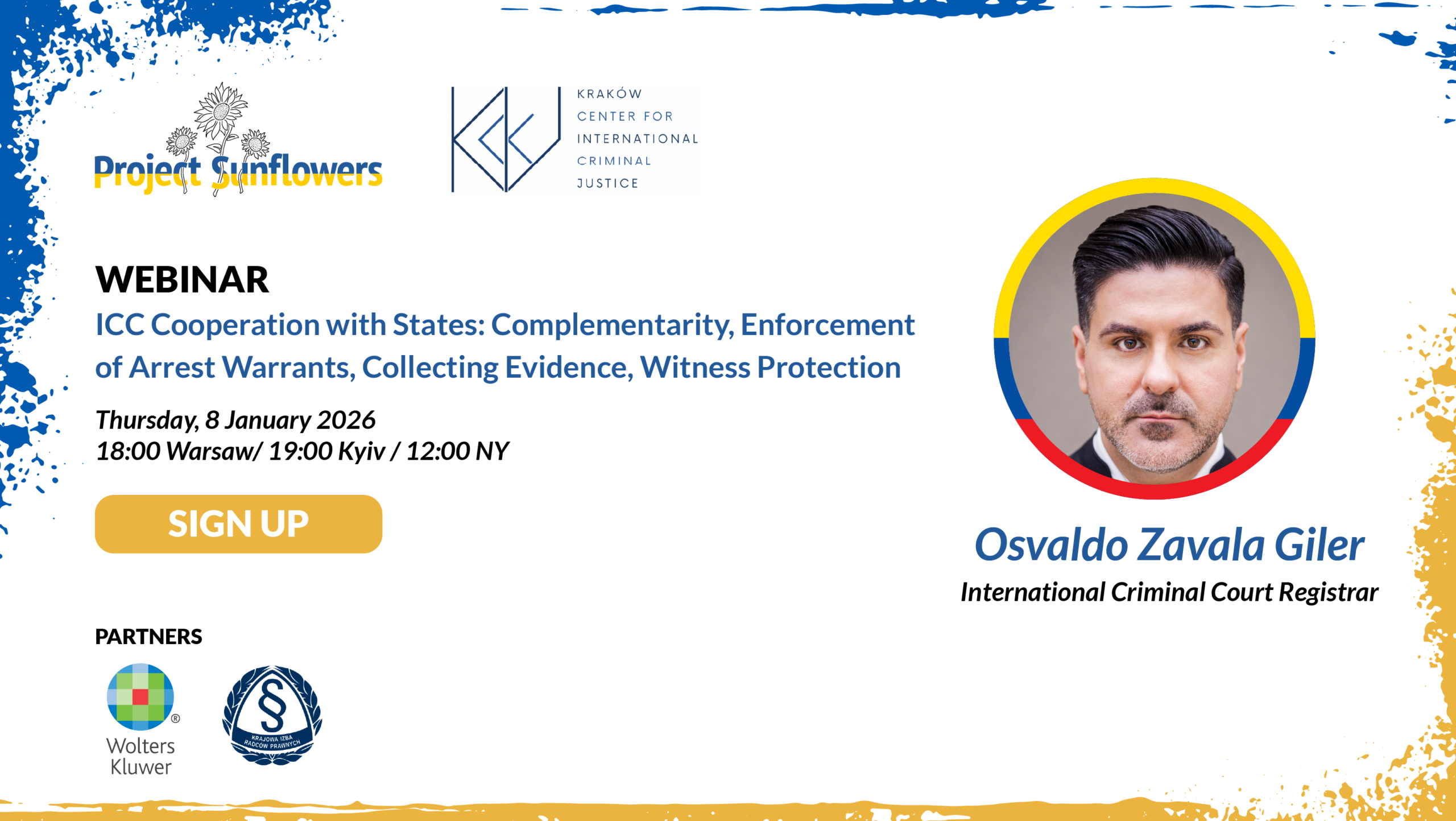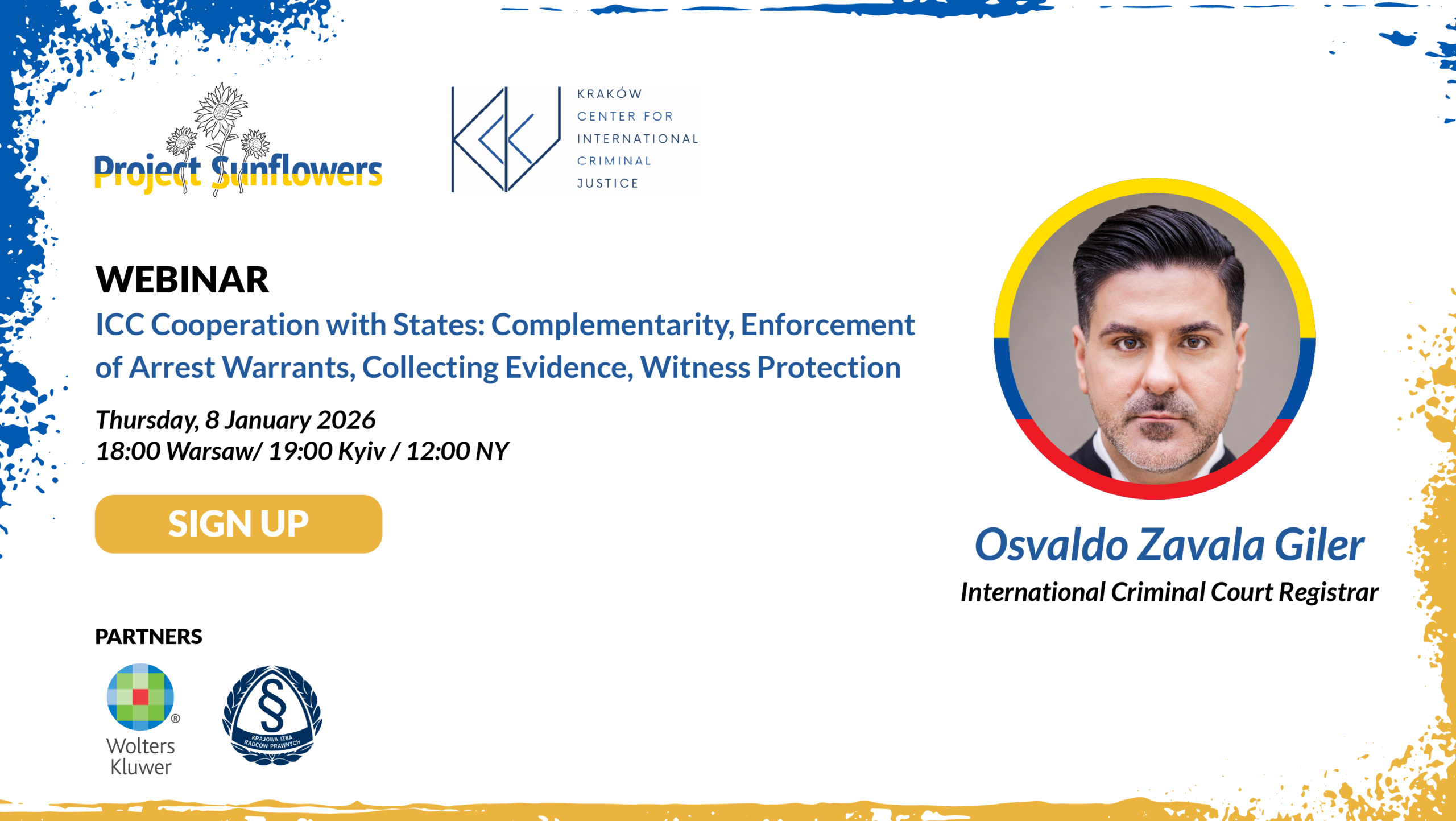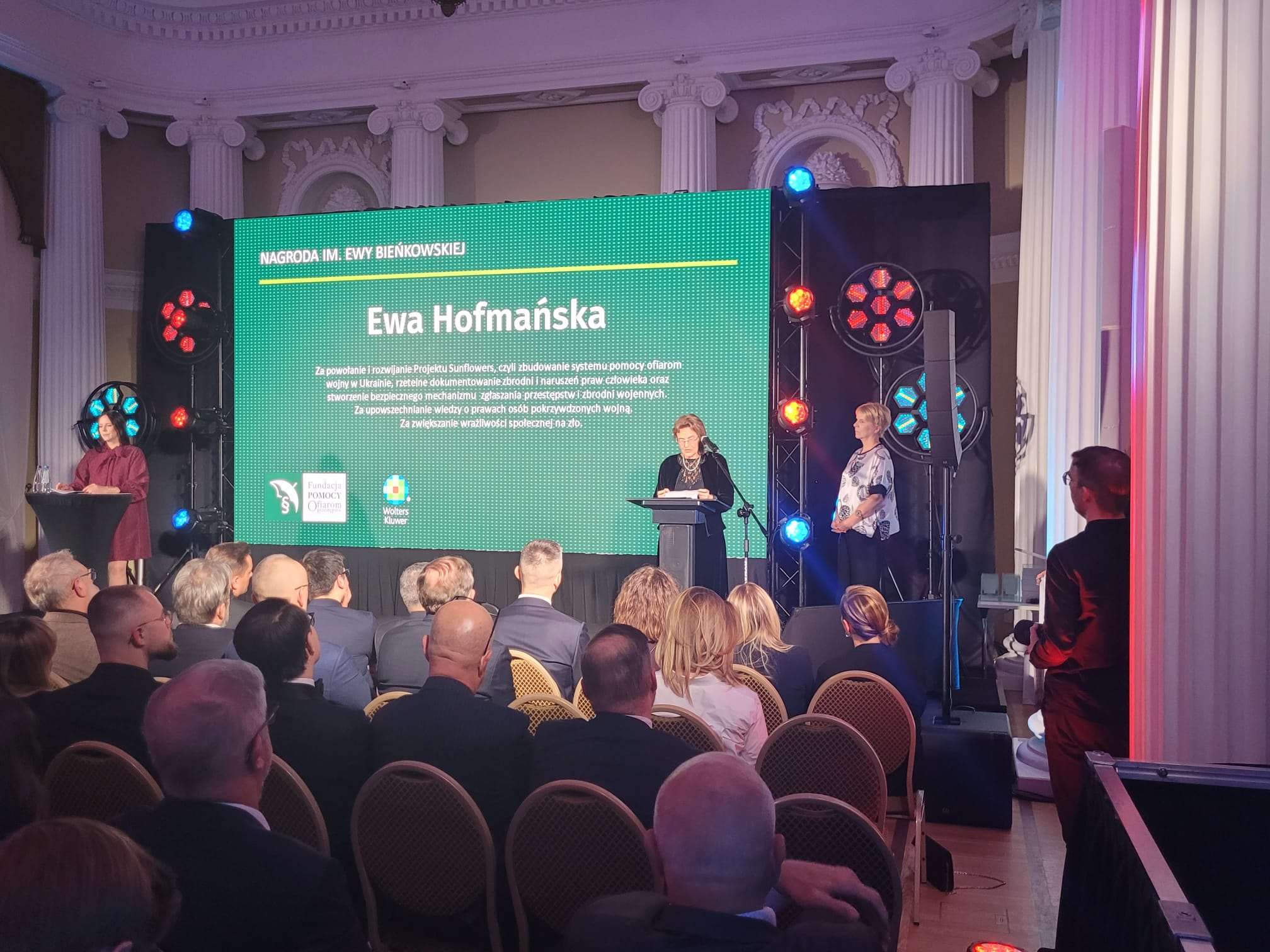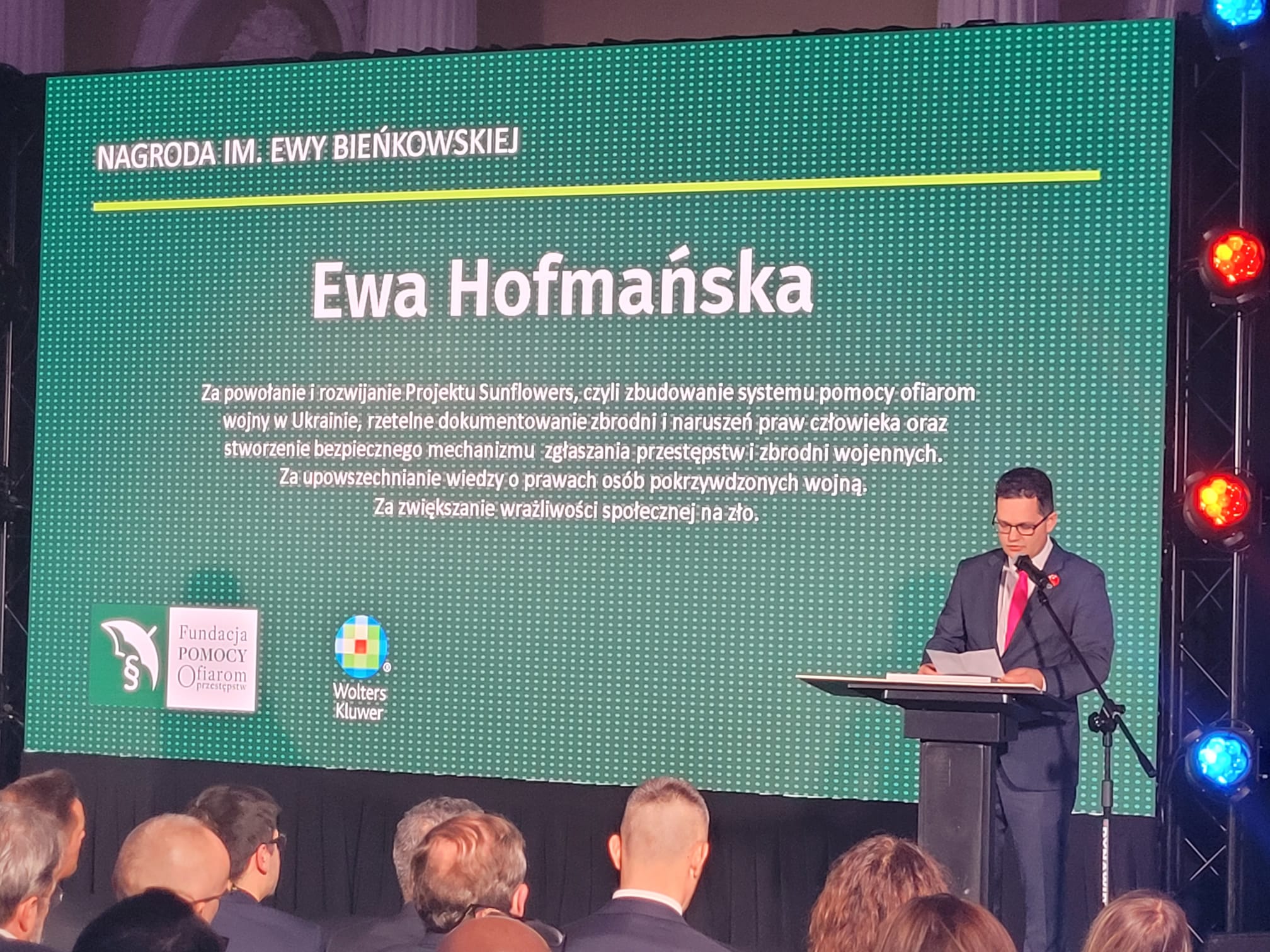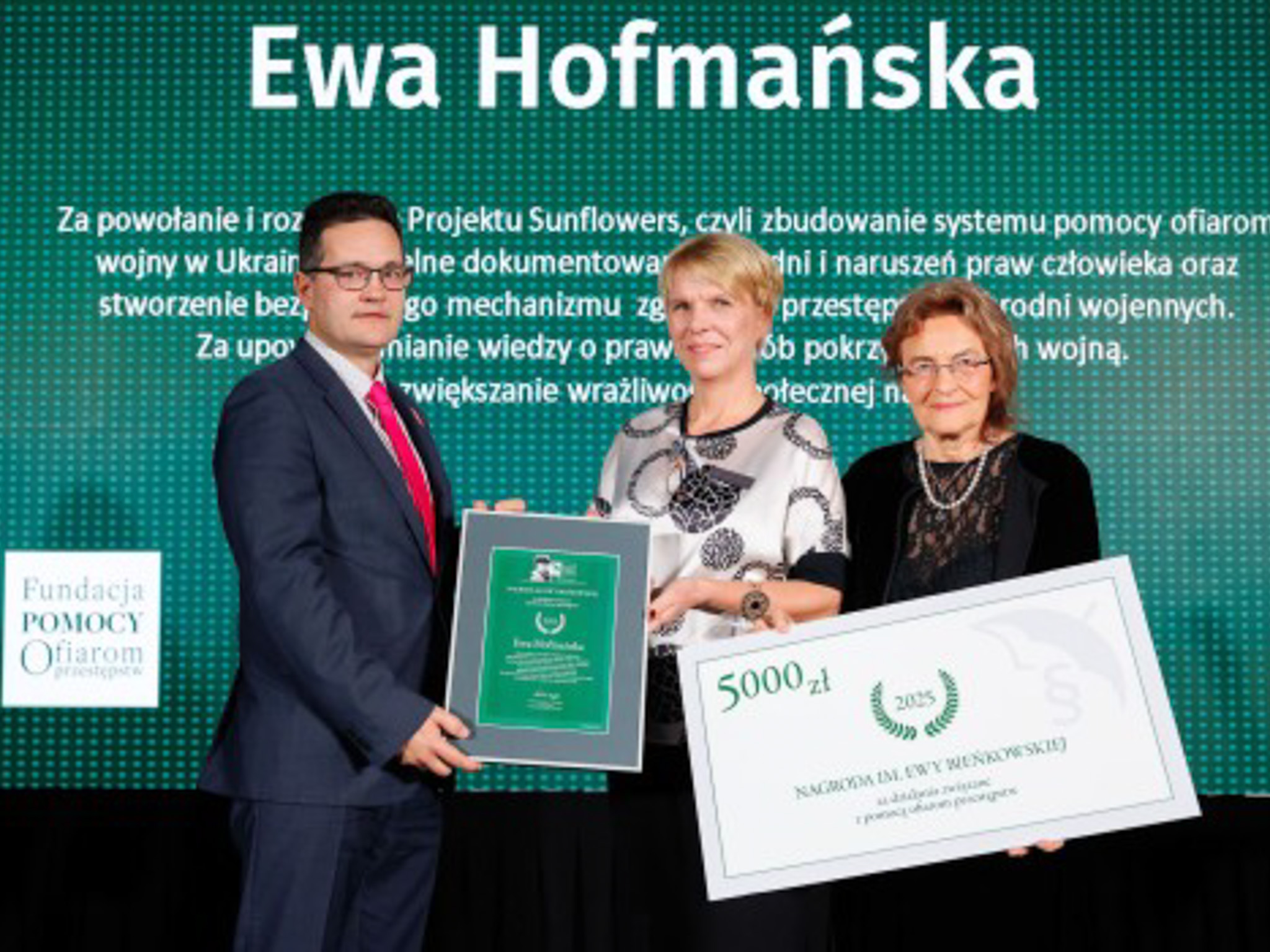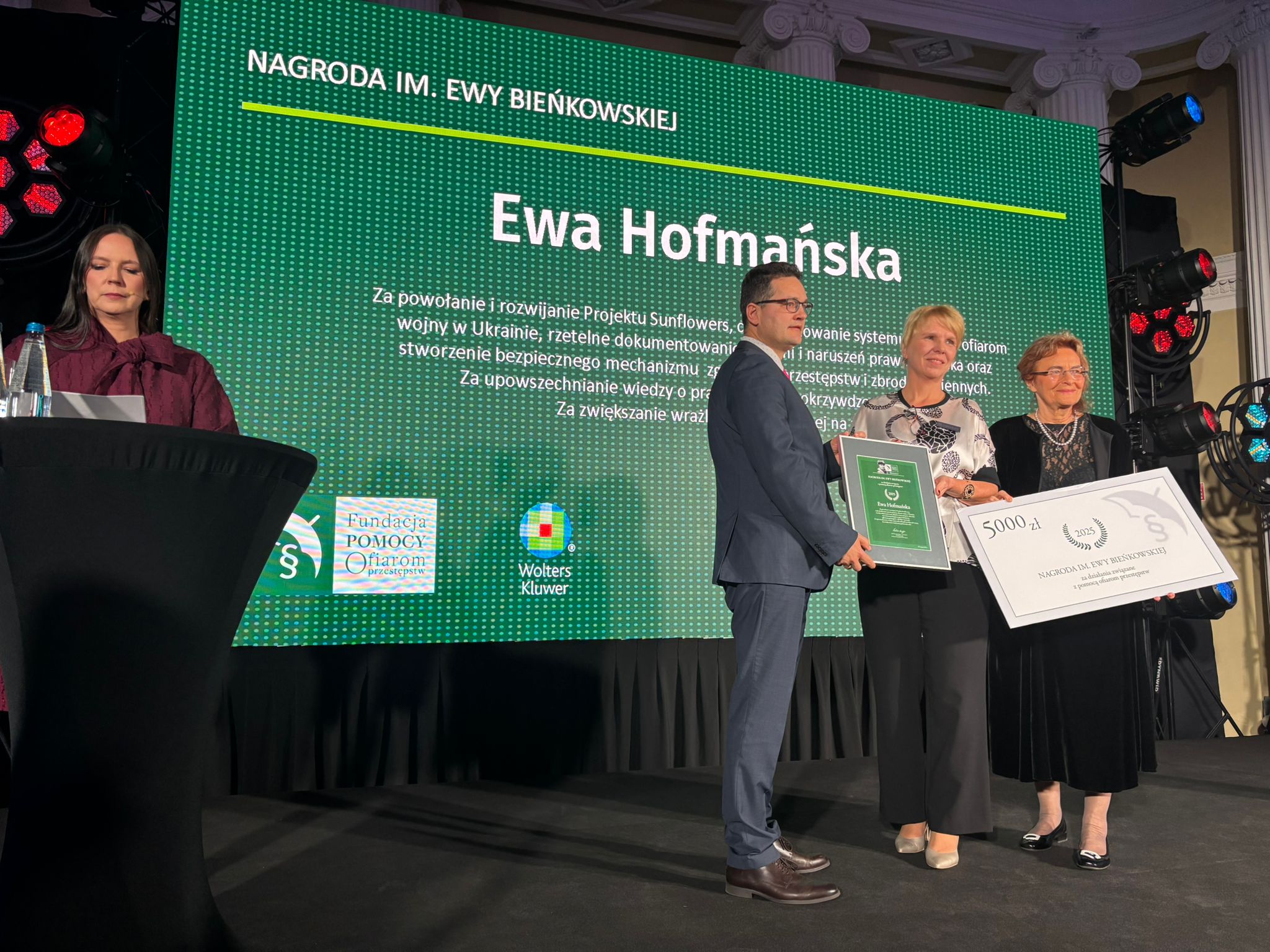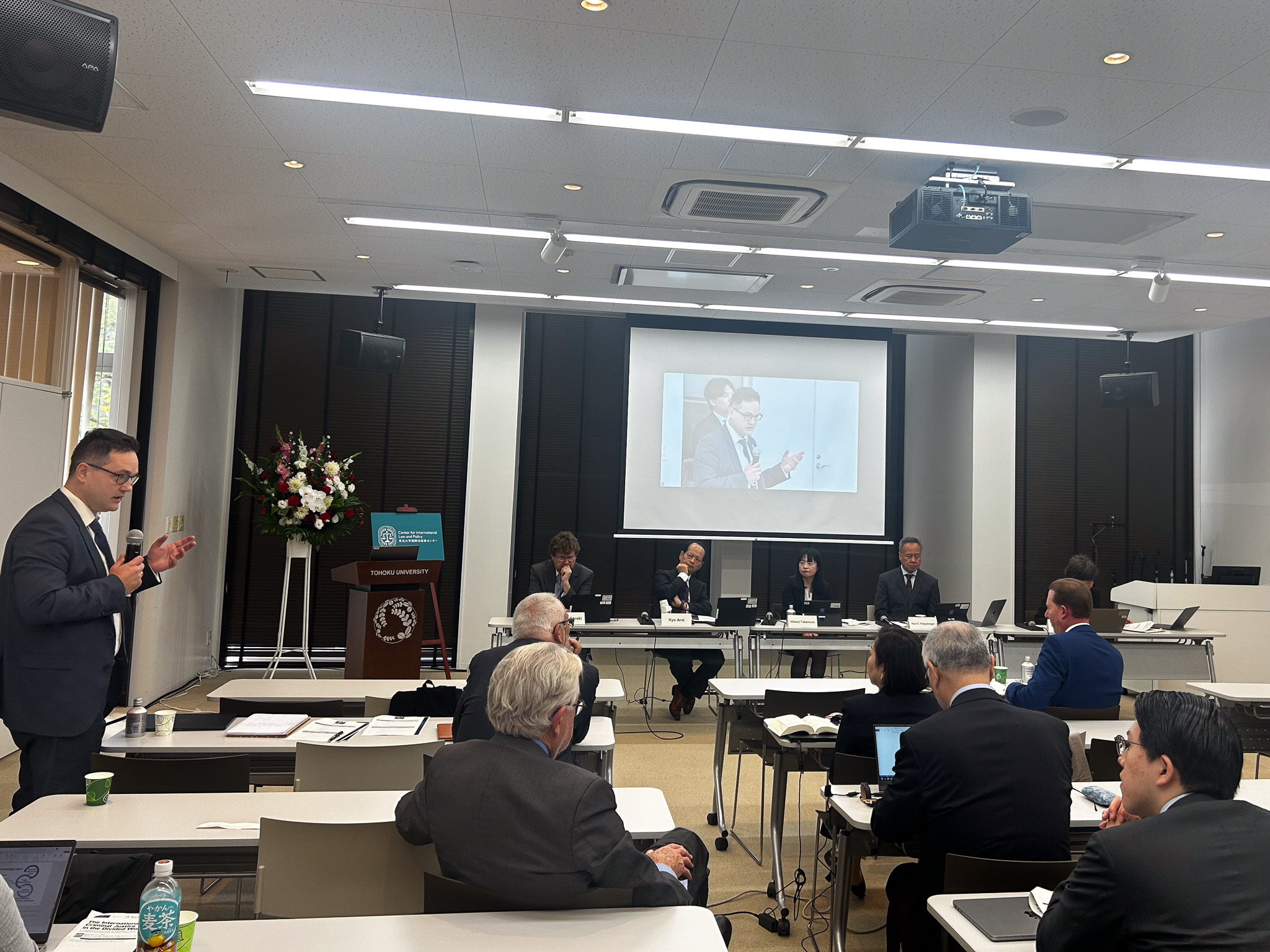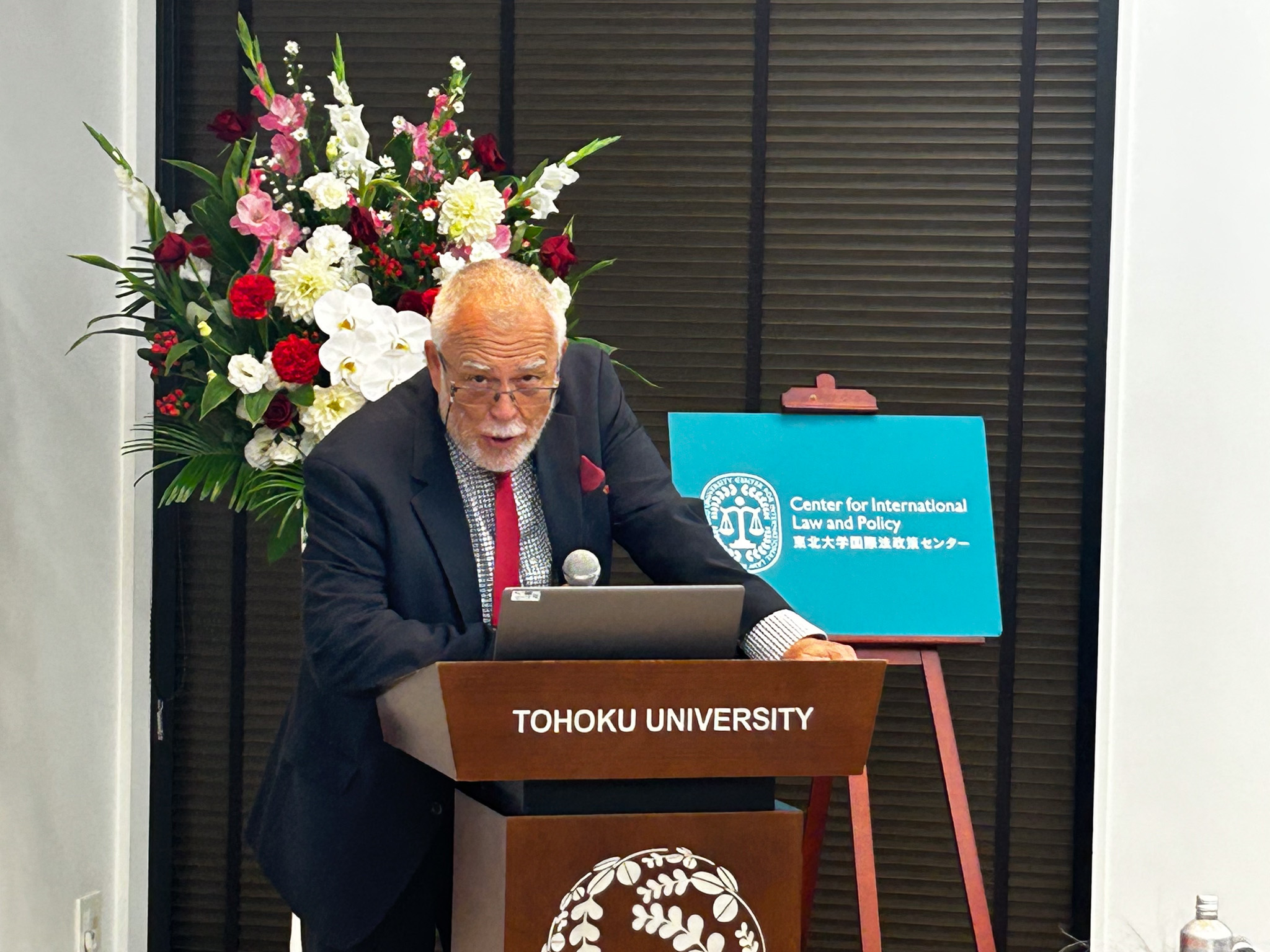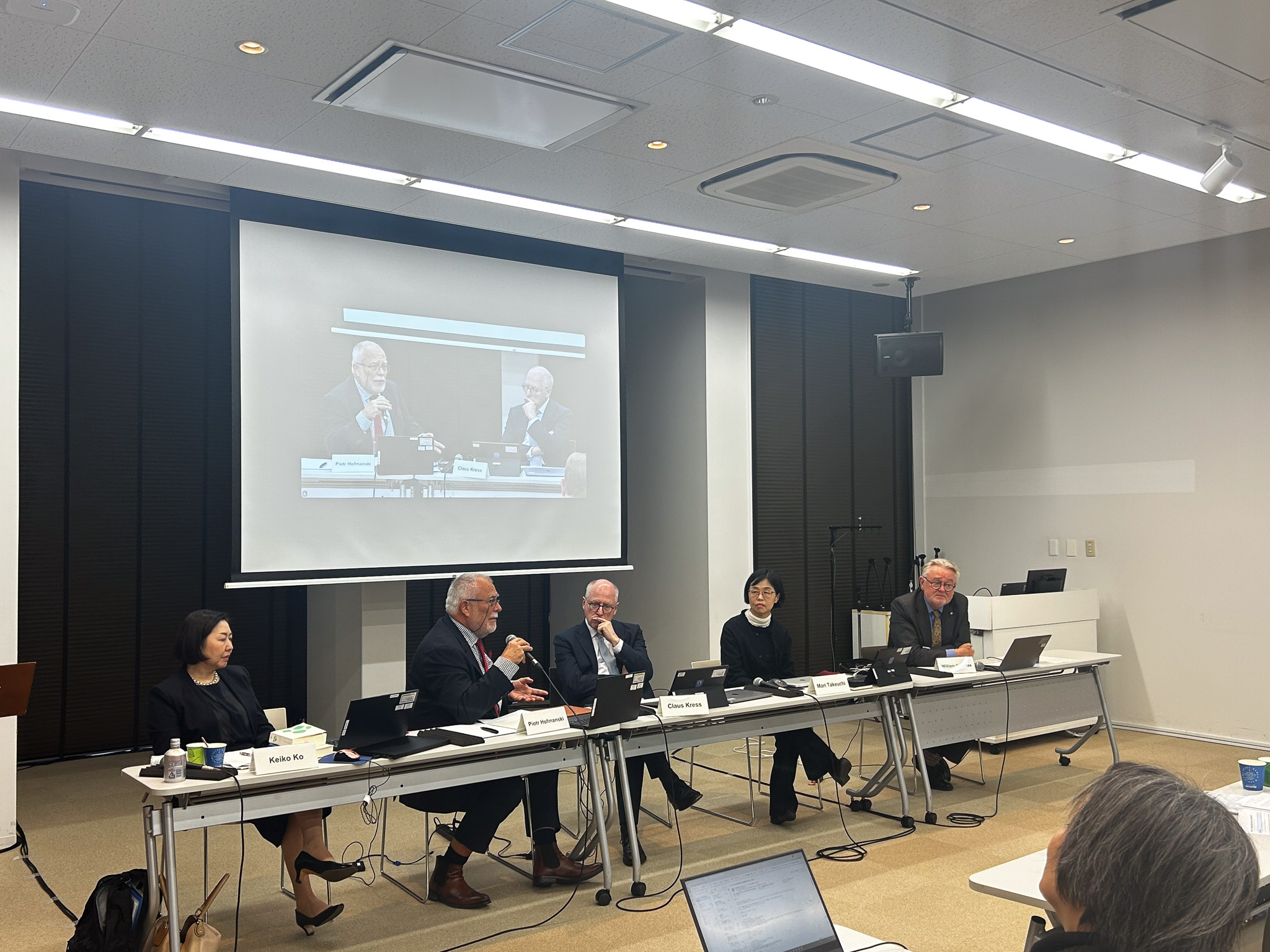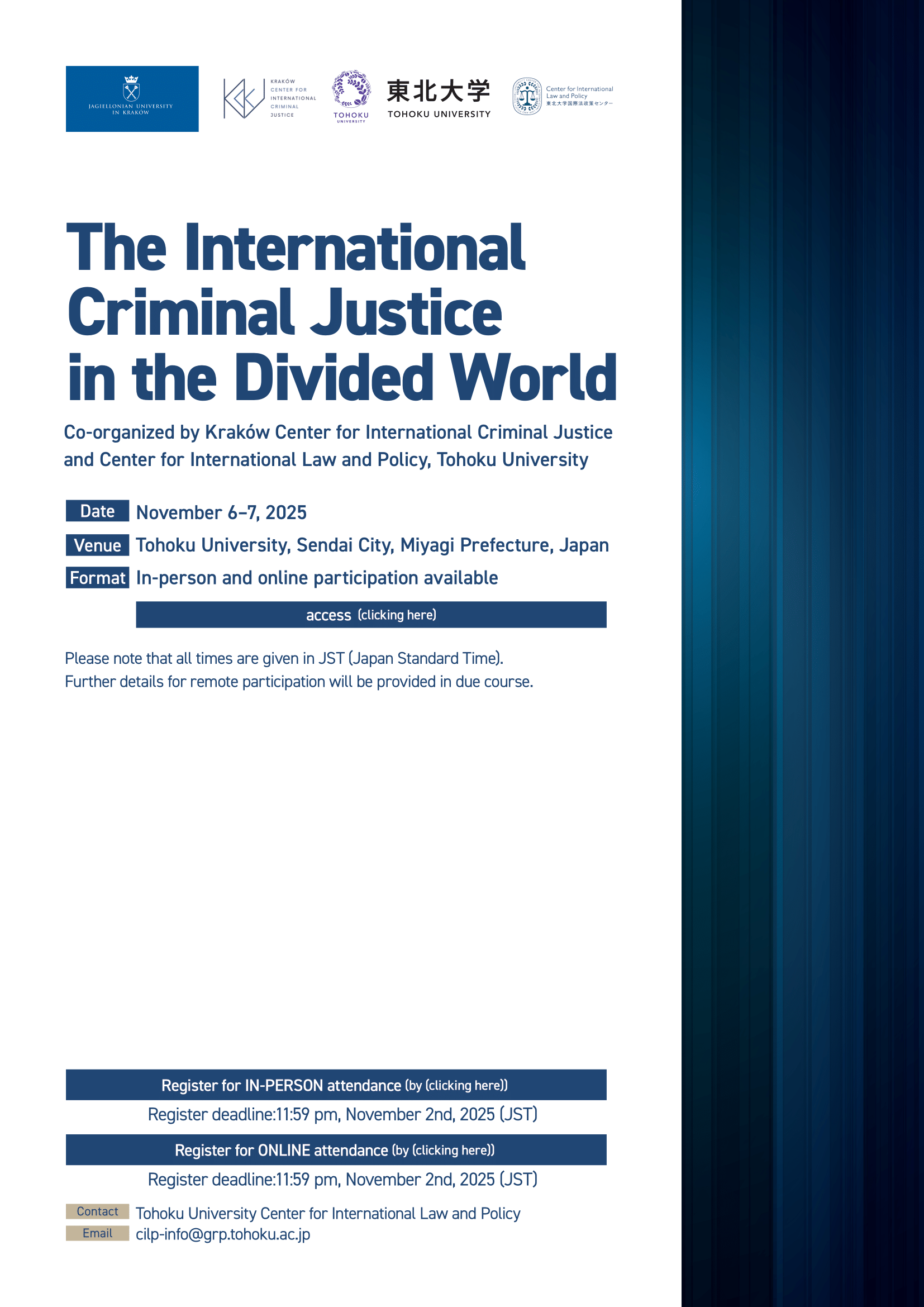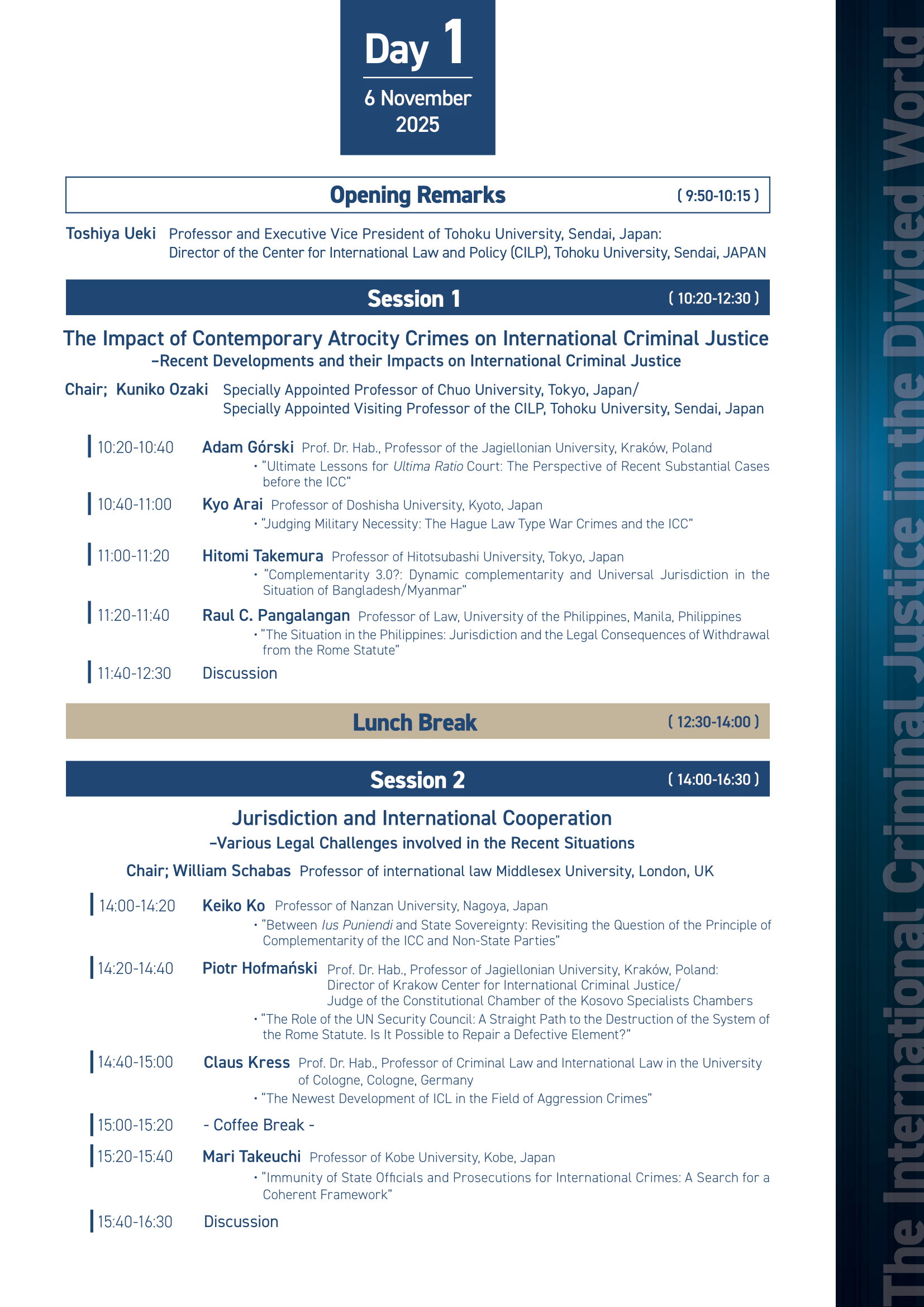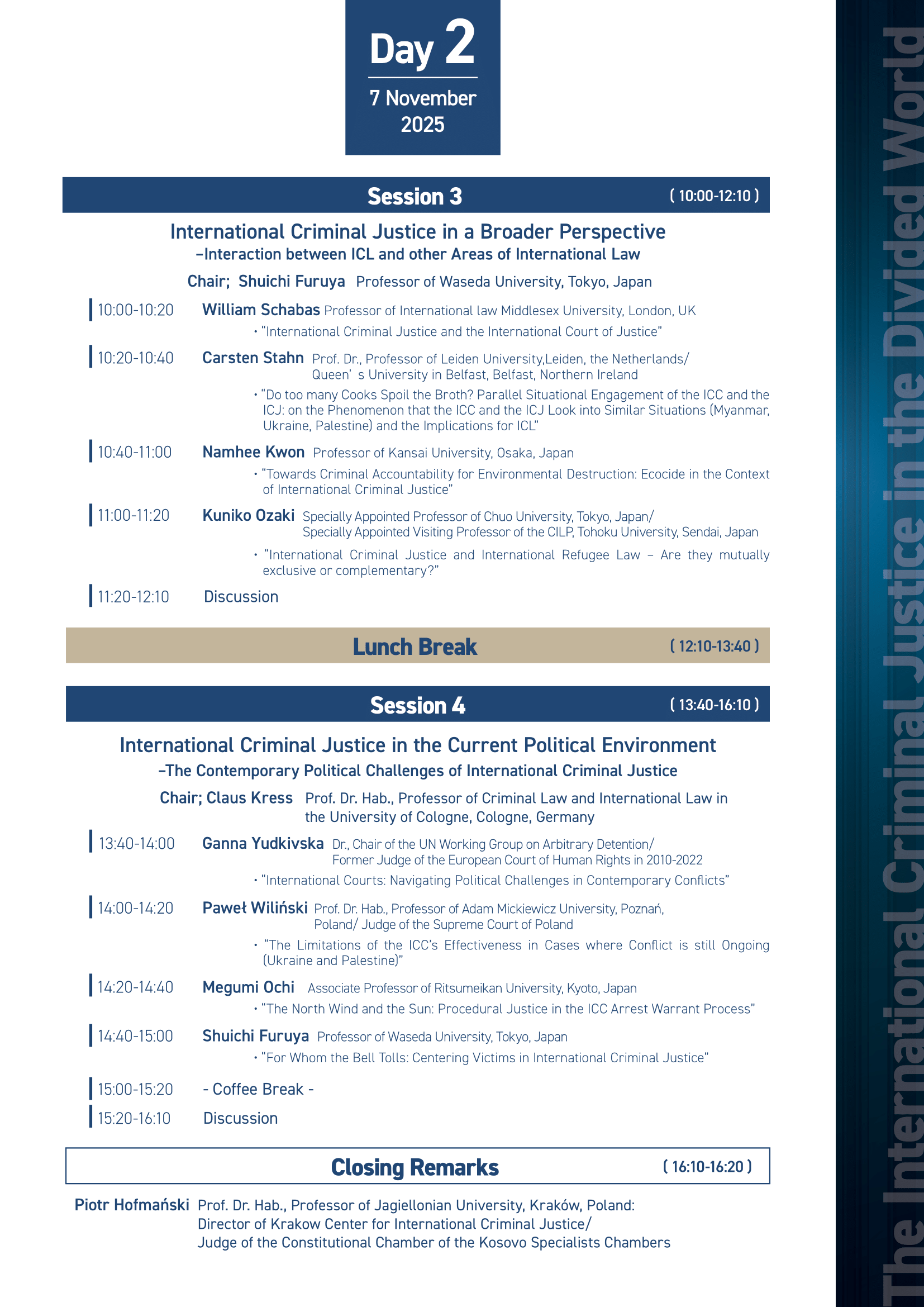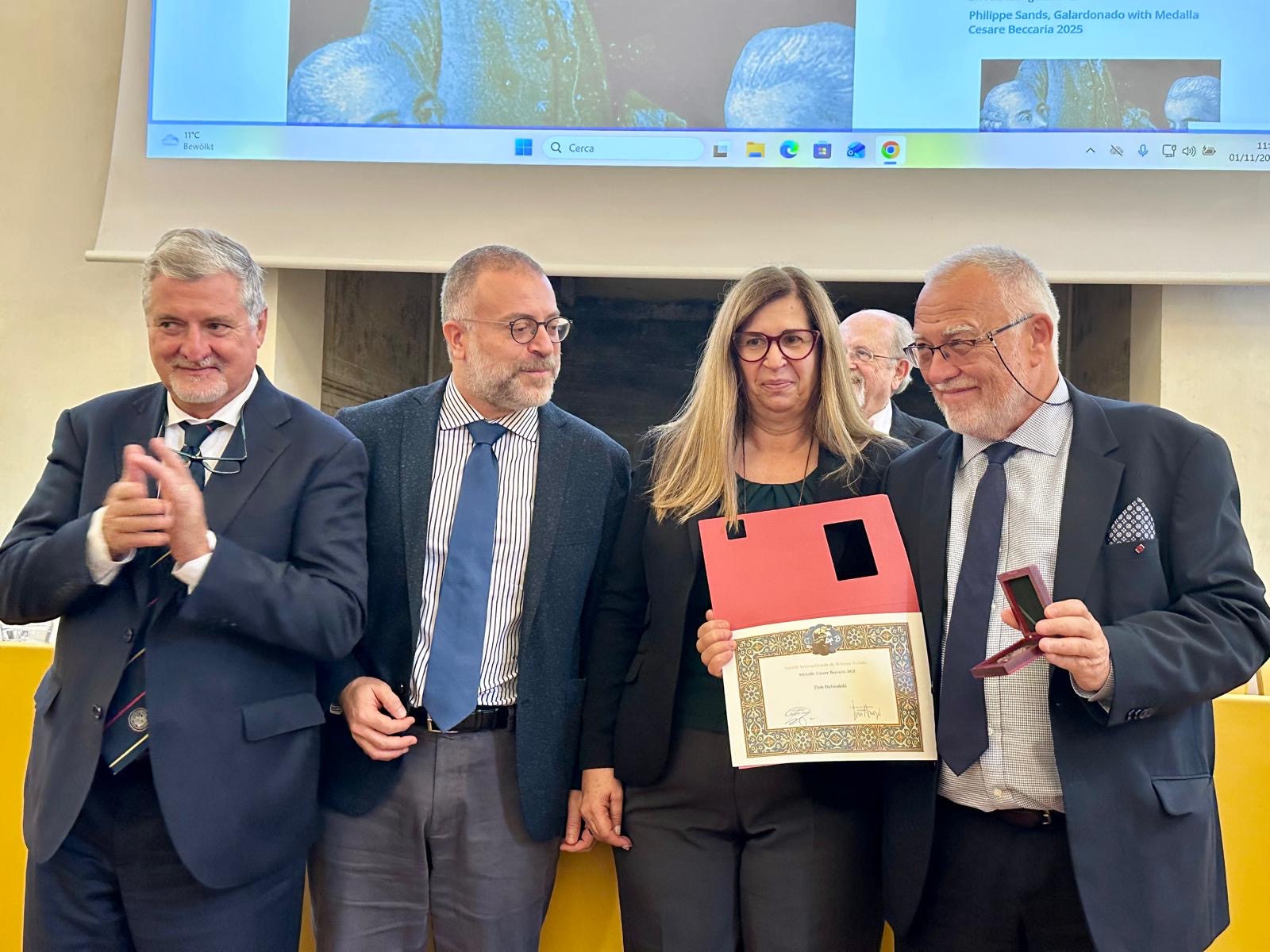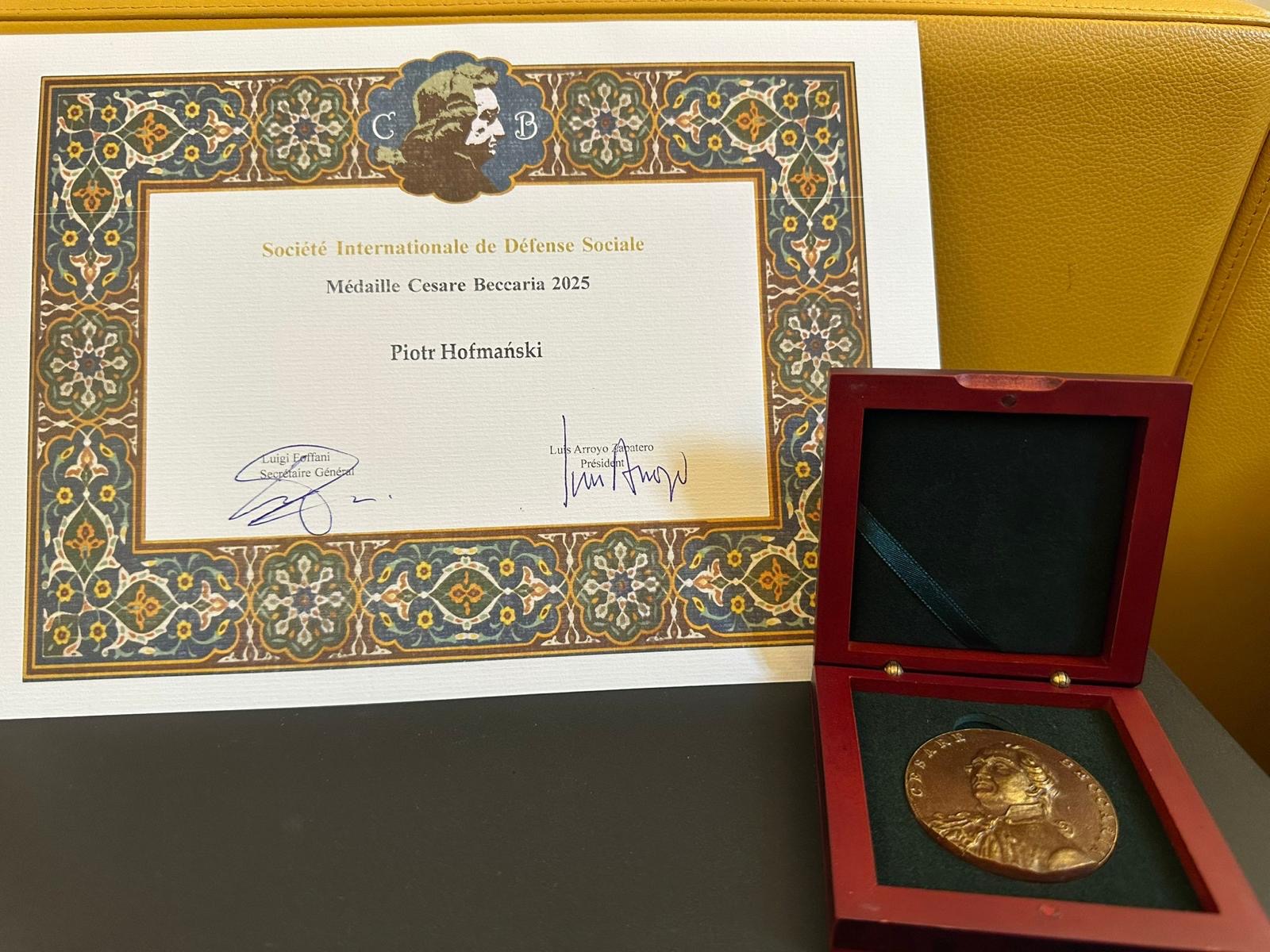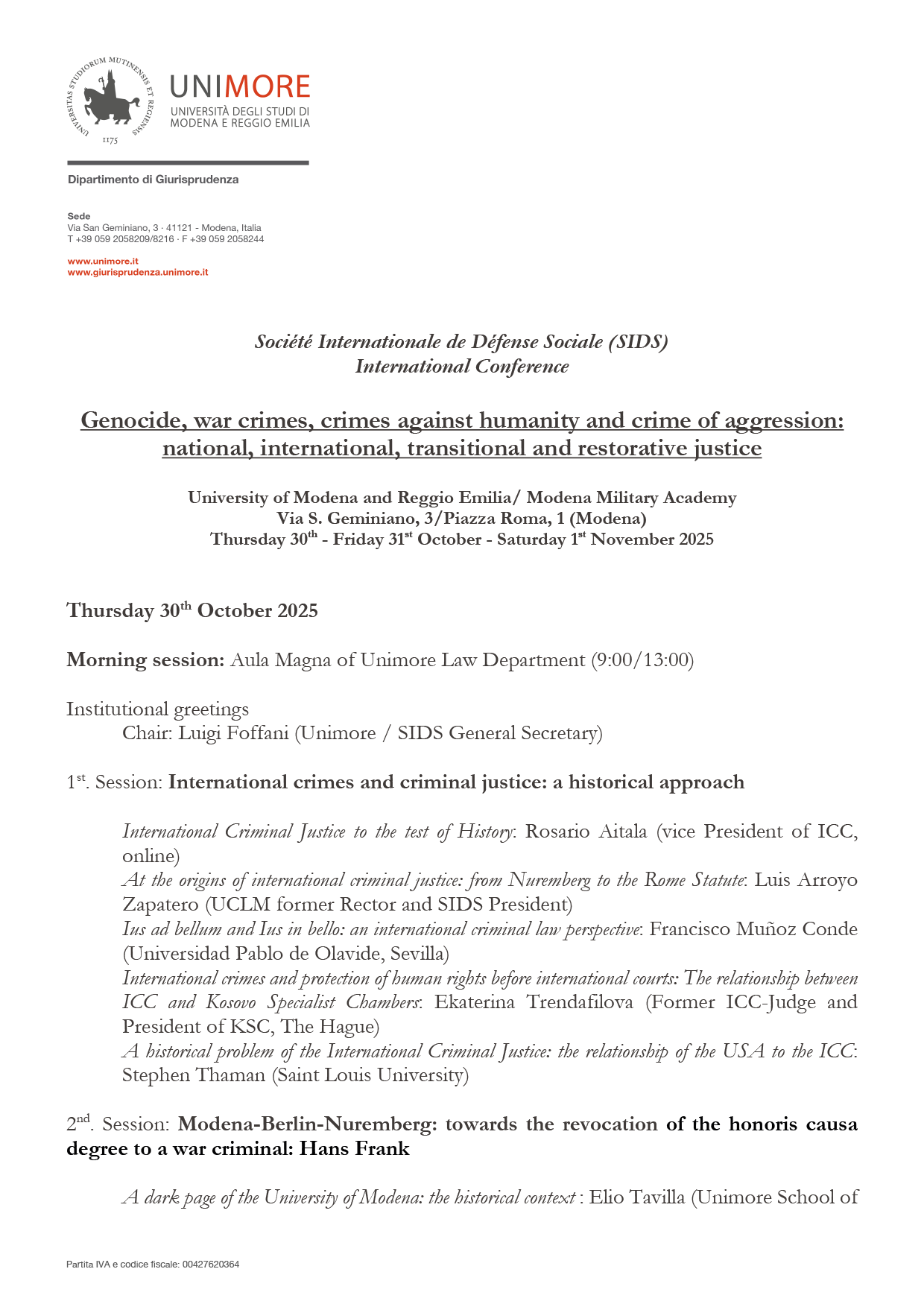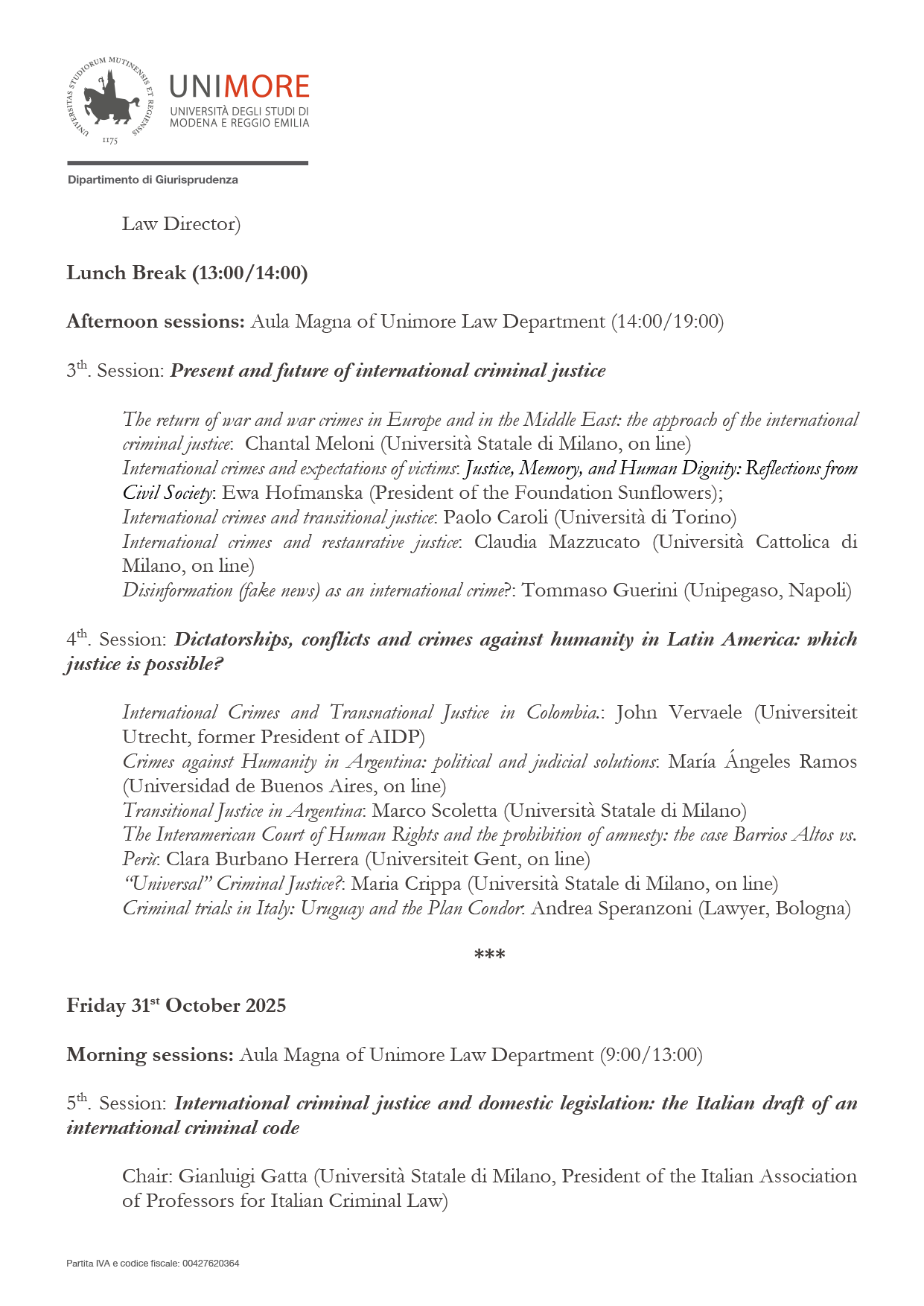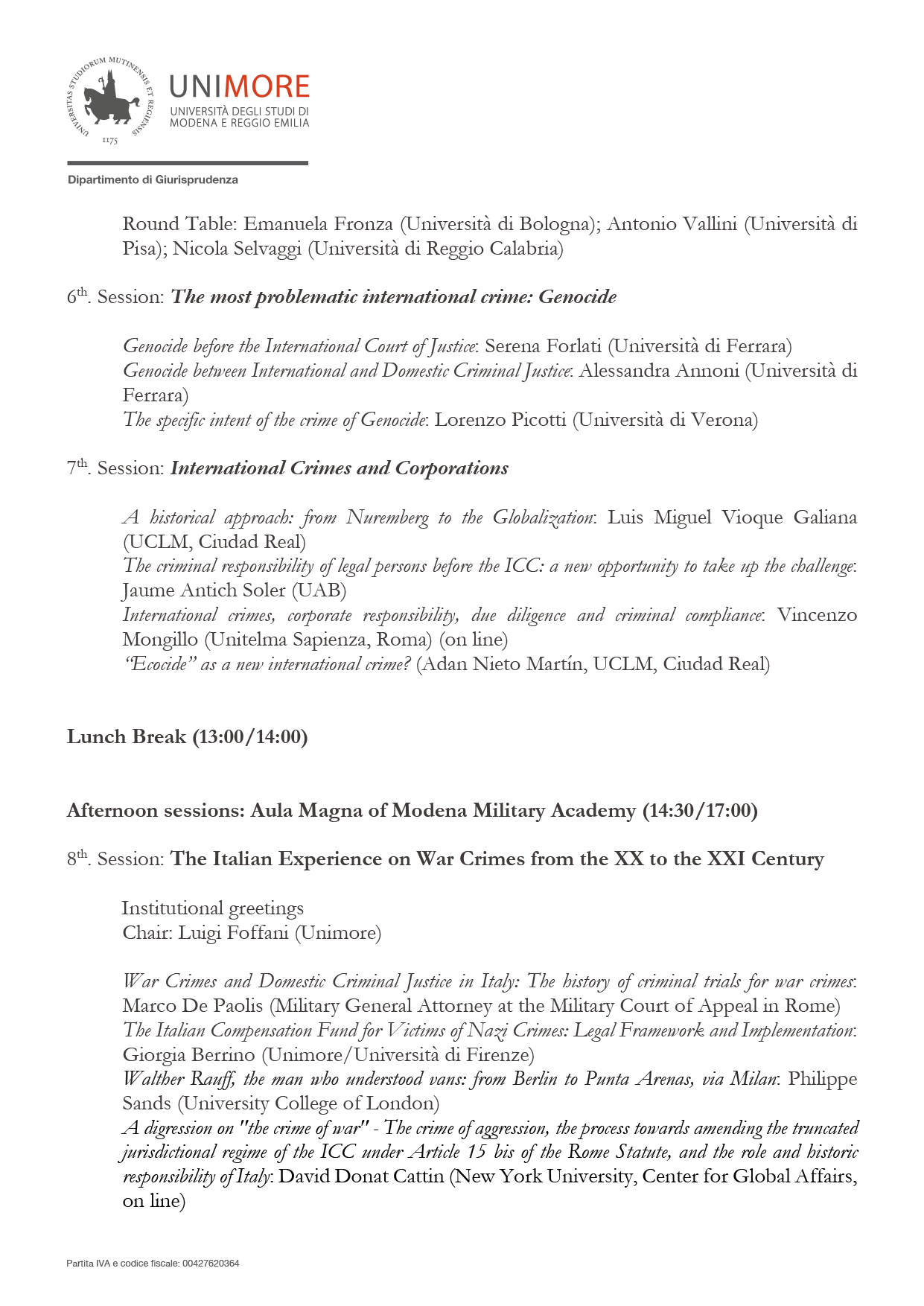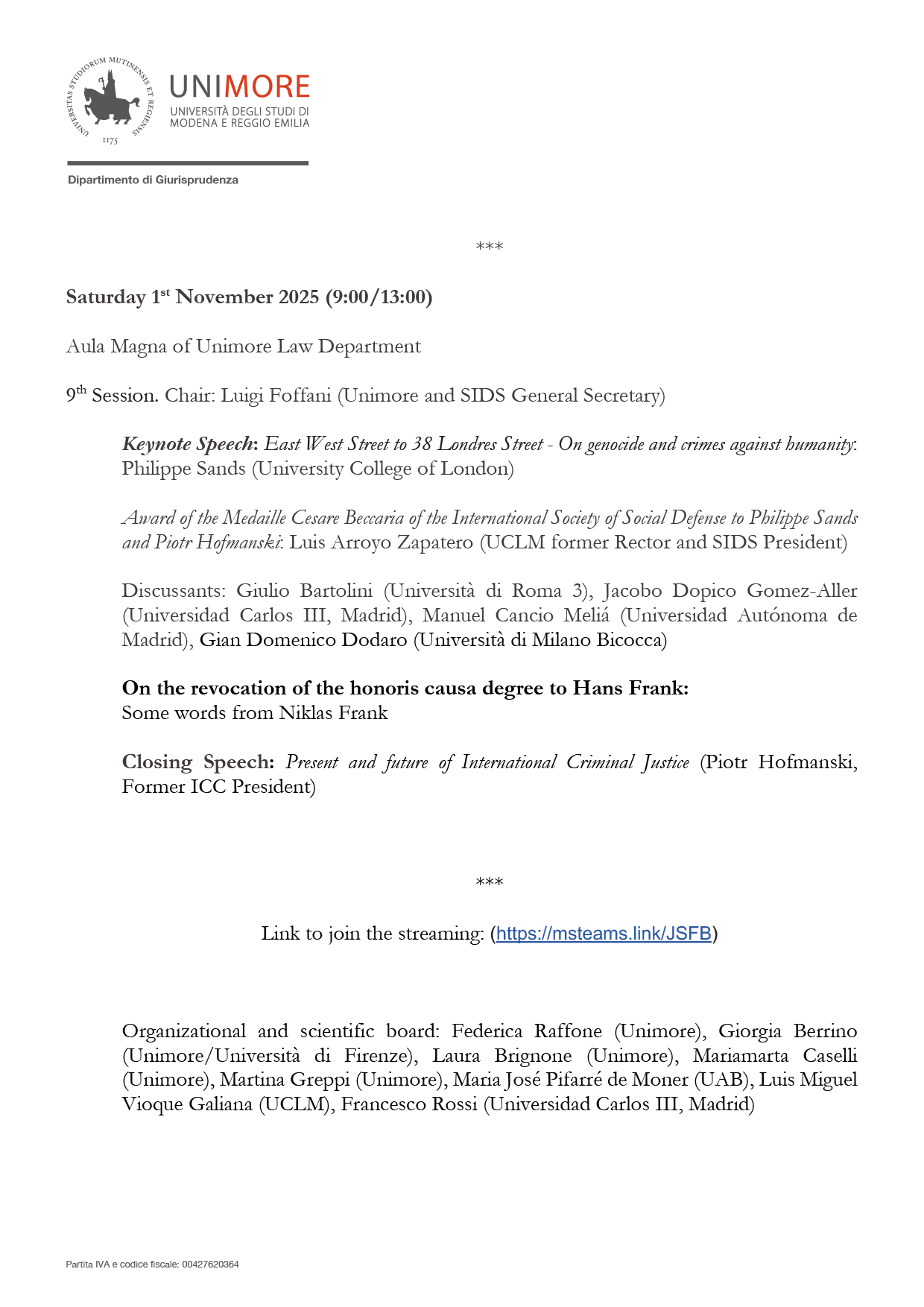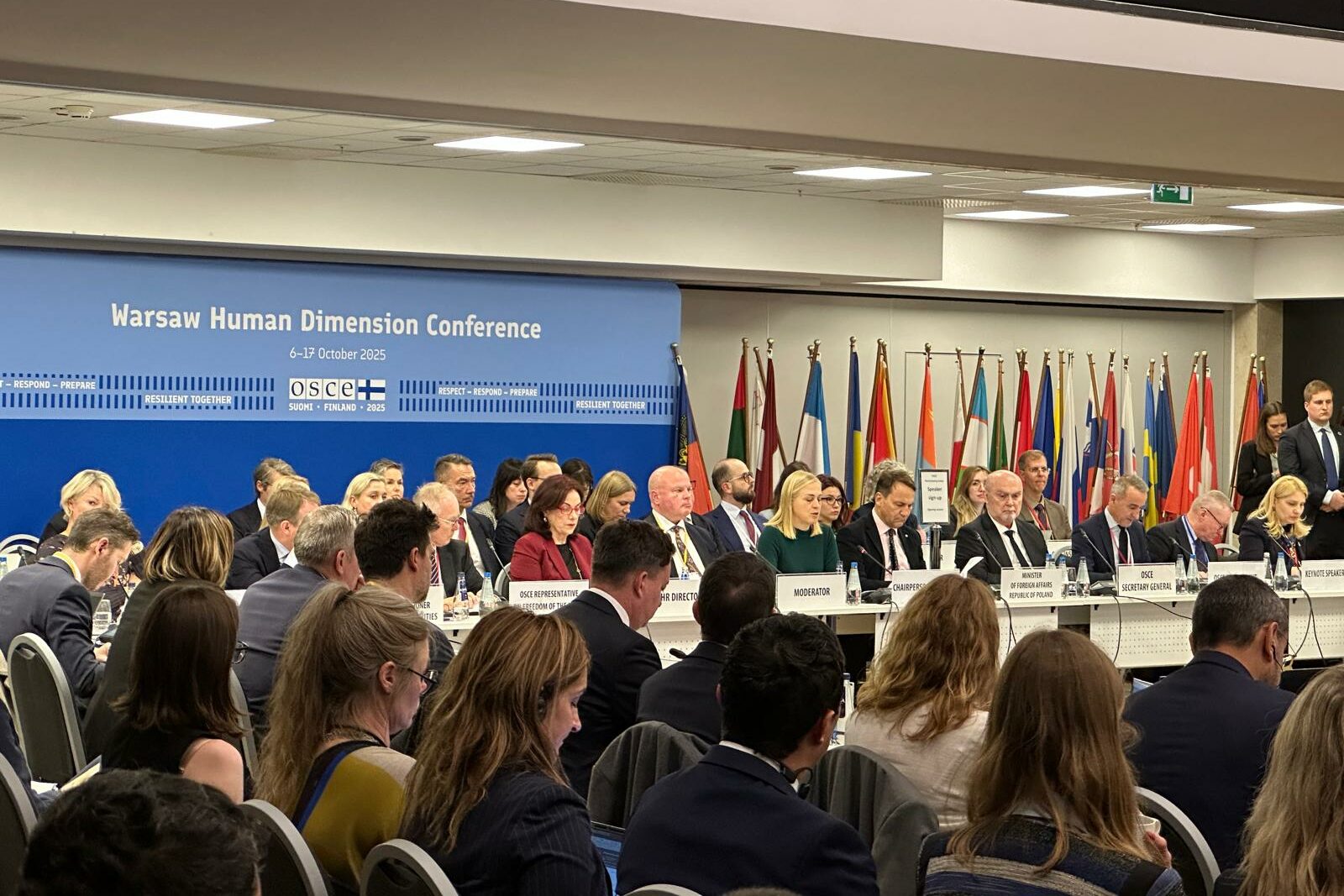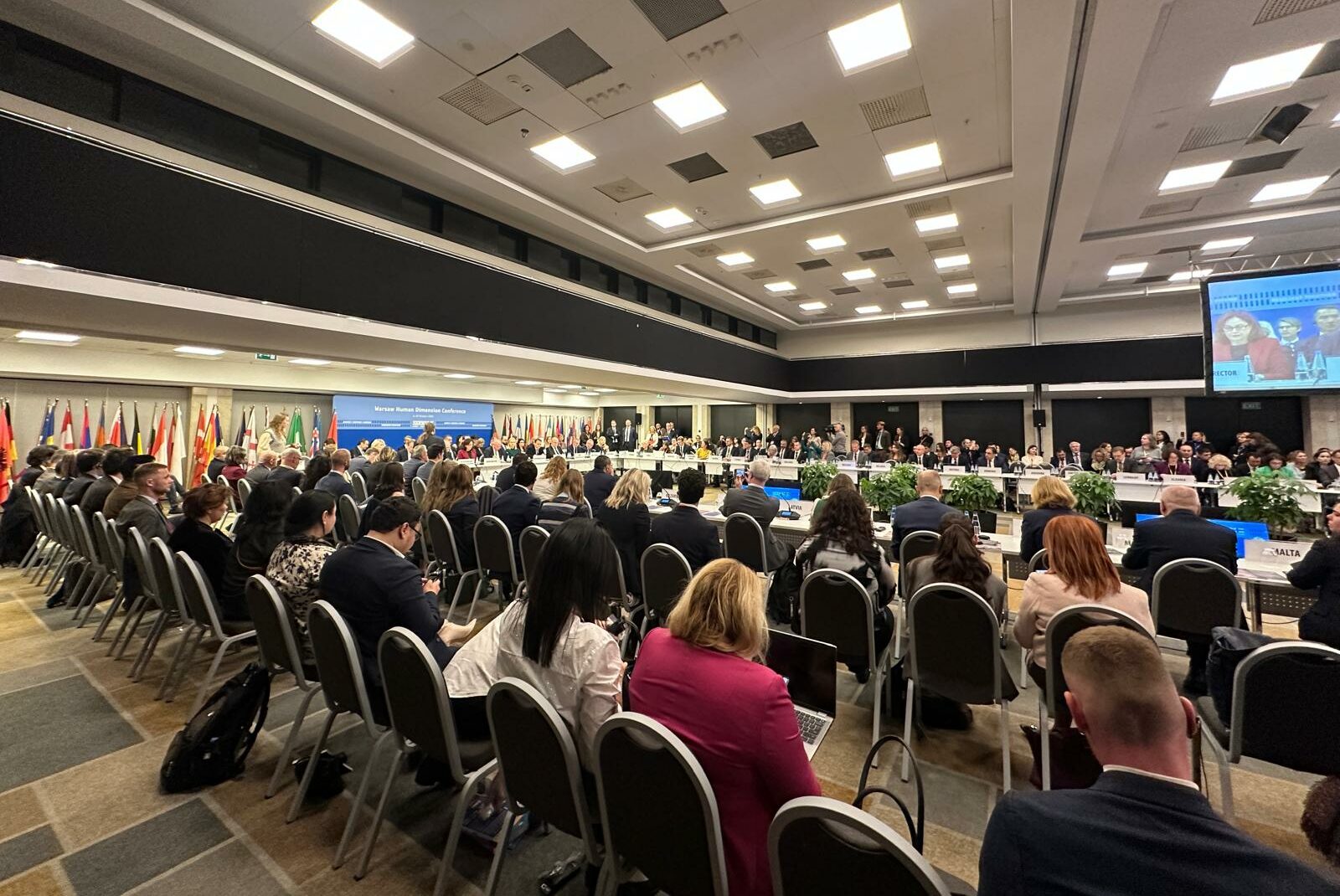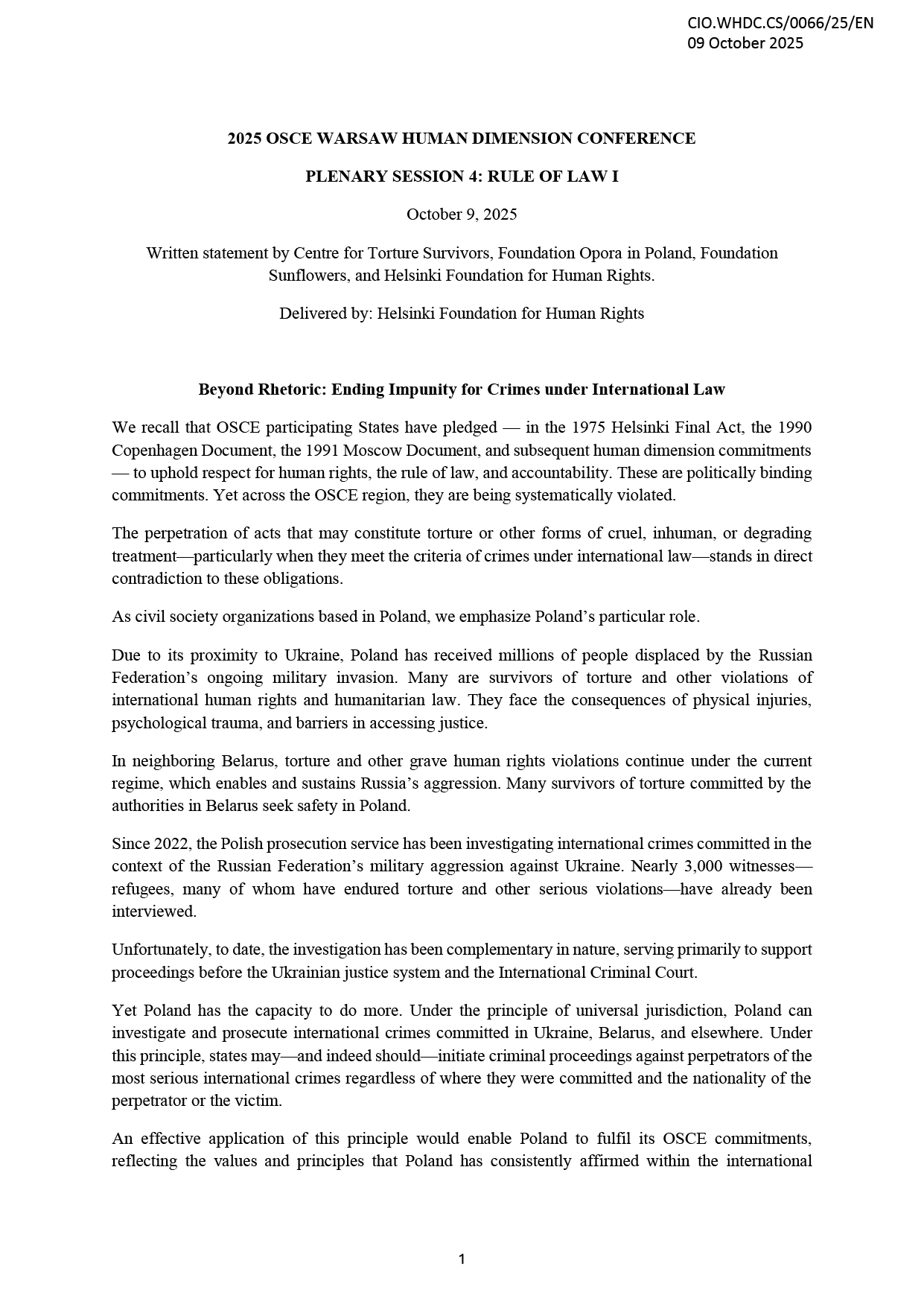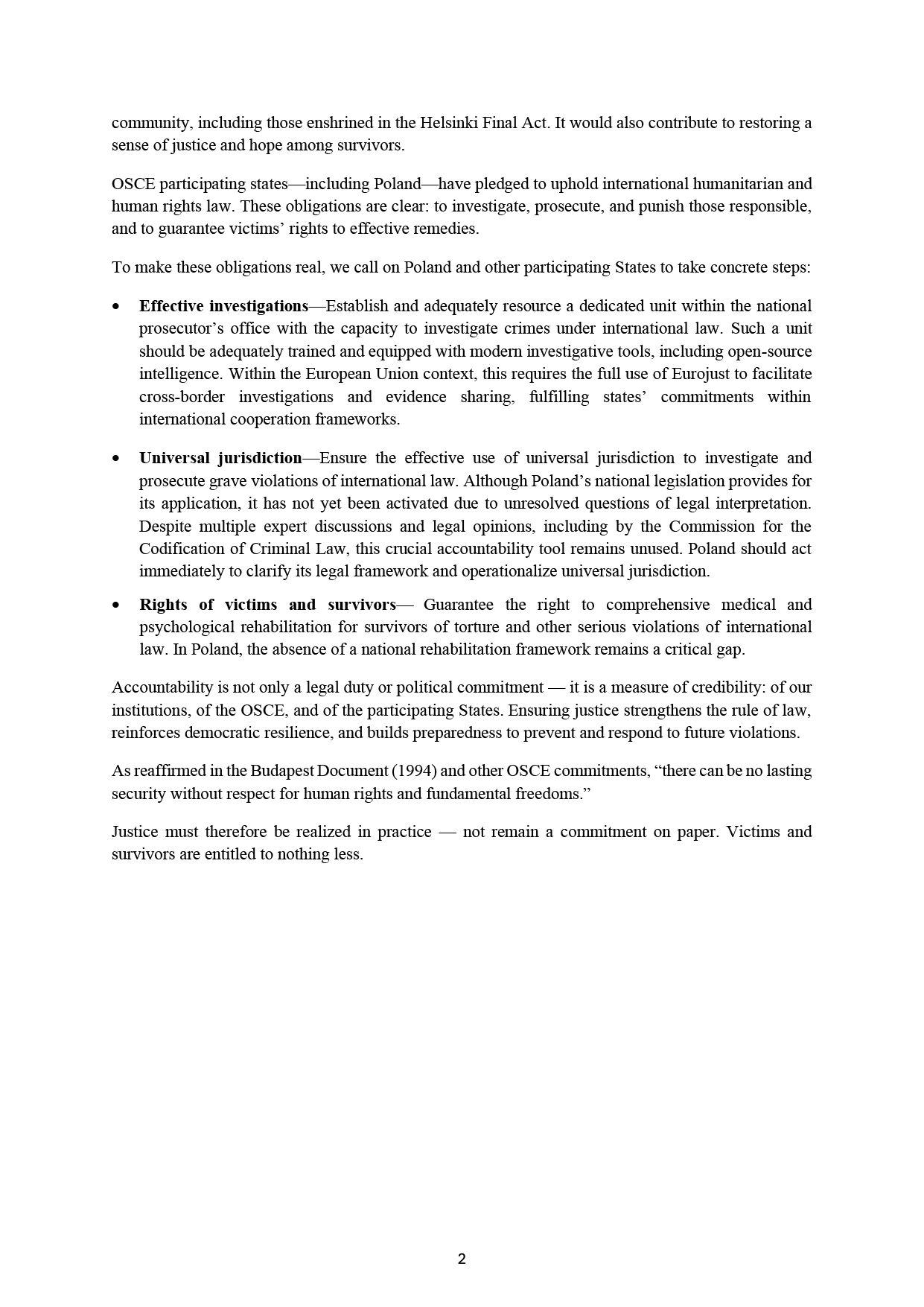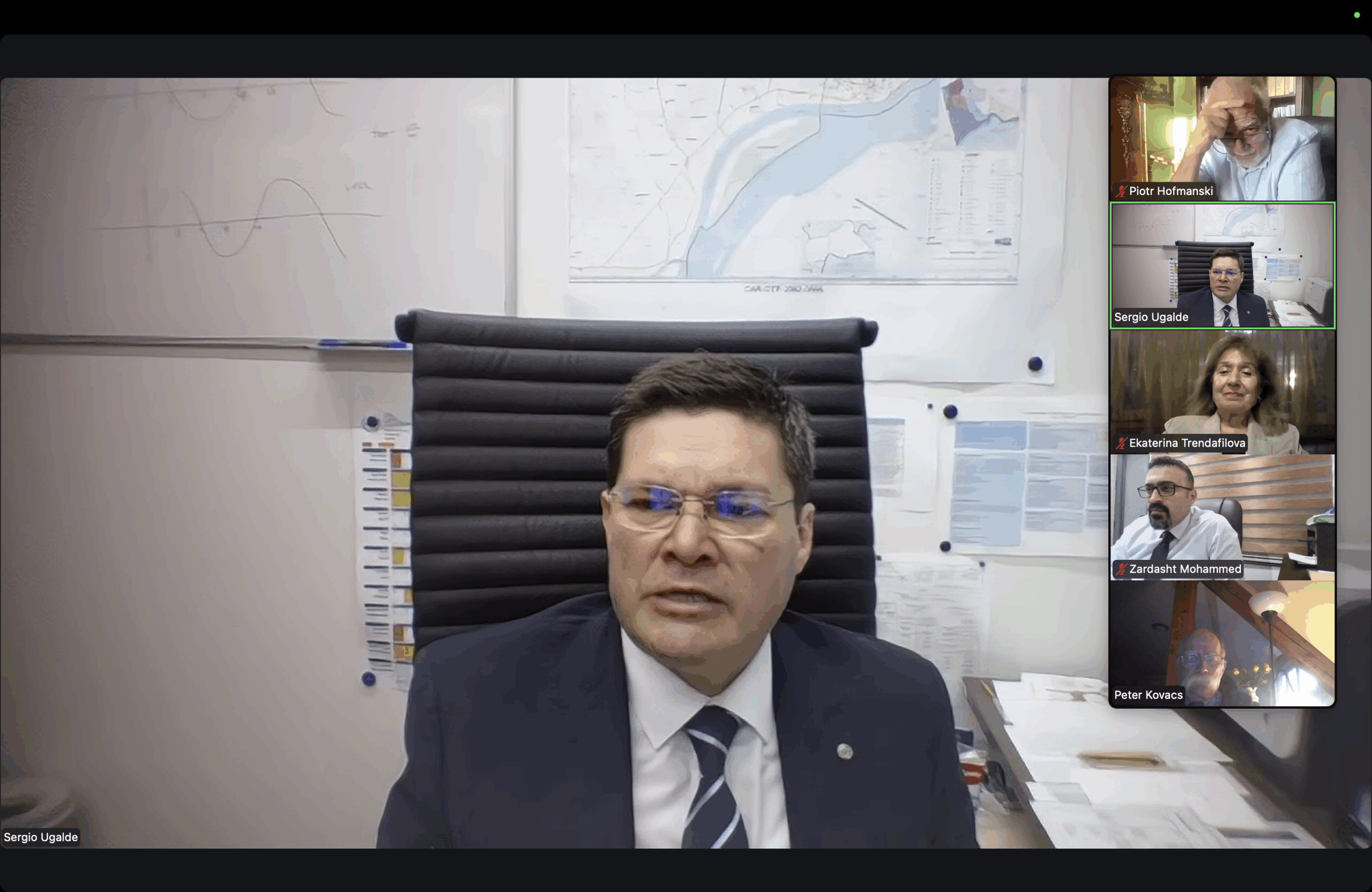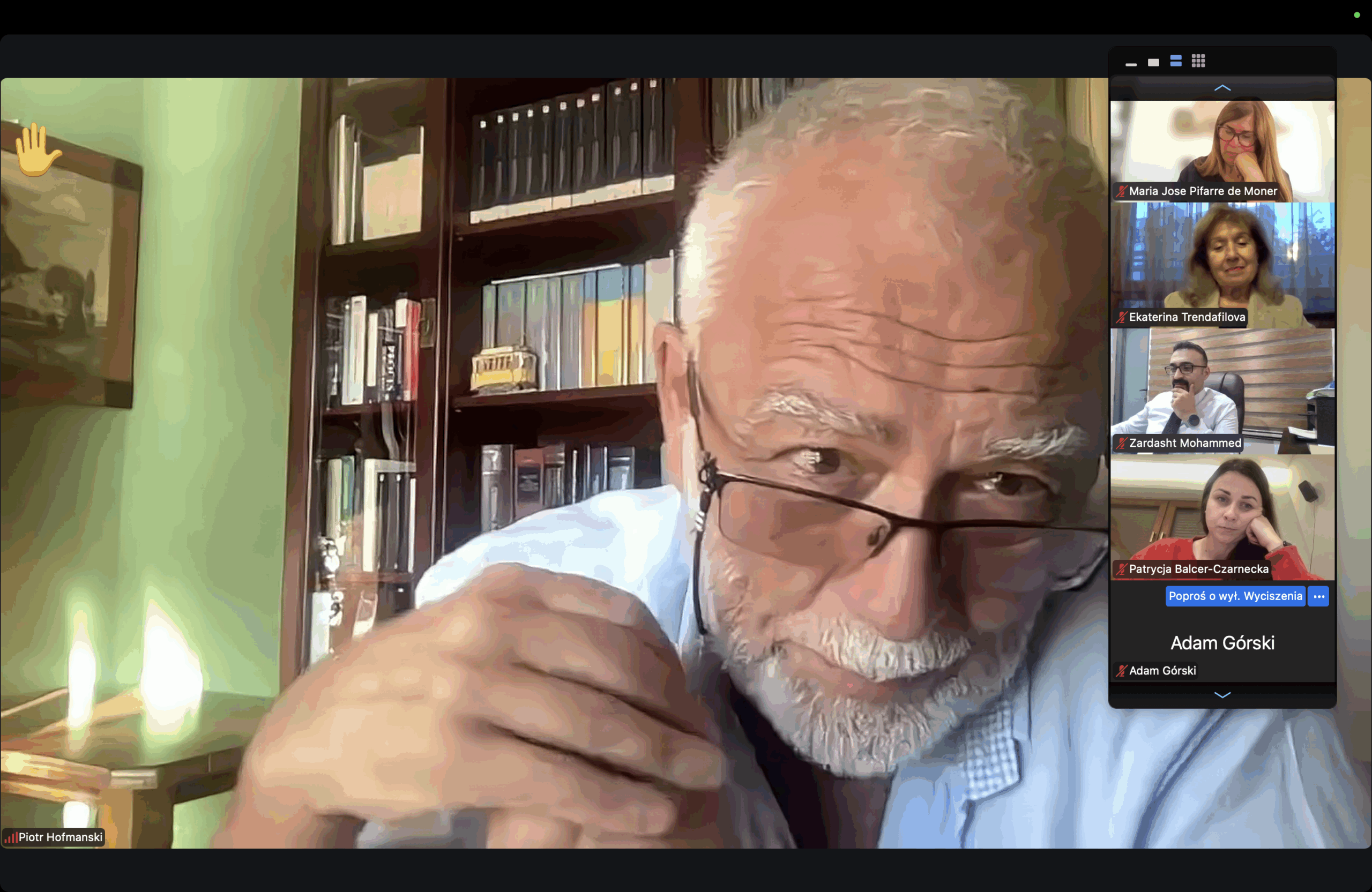2025-12-03
ICC Cooperation with States: Complementarity, Enforcement of Arrest Warrants, Collecting Evidence, Witness Protection
We cordially invite everyone to a unique webinar.
Topic: ICC Cooperation with States: Complementarity, Enforcement of Arrest Warrants, Collecting Evidence, Witness Protection
speaker: Osvaldo Zavala Giler, ICC Registrar
when: Thursday, 8 January 2026,
what time: at 18:00 Warsaw Time/17:00 London Time/19:00 Kyiv Time/12:00 New York Time
Webinar is organized by Project Sunflowers and Kraków Center For International Criminal Justice (KCICJ) at Jagiellonian University in Kraków, Poland. This event is based on a collaboration between these entities and is addressed to students, lawyers and human rights activists.
The issue of cooperation between the ICC and states in the areas of complementarity, enforcement of arrest warrants, gathering evidence and witness protection will be presented by Mr Osvaldo Zavala Giler, Registrar of the Court, who is responsible for the ICC’s cooperation with states. Mr Zavala Giler has been associated with the Court since 2010, where he has held various positions, including head of the budget section and head of the Court’s liaison office to the United Nations in New York. Mr Zavala Giler is also one of the founding members of the ICCQ, the Sexual and Gender Diversity Network at the ICC. Prior to joining the Court, Mr Zavala Giler worked as a legal adviser and liaison officer to the United Nations for the Coalition for the International Criminal Court (CICC), both in New York and The Hague. He began his legal career at a law firm in Ecuador, where he handled cases before the Inter-American Commission on Human Rights, among others.
The discussion will be moderated by Dr Anna Adamska-Gallant, Judge at the European Court of Human Rights from Poland, and one of the founders of the Foundation Sunflowers.
The event will be held in English.
